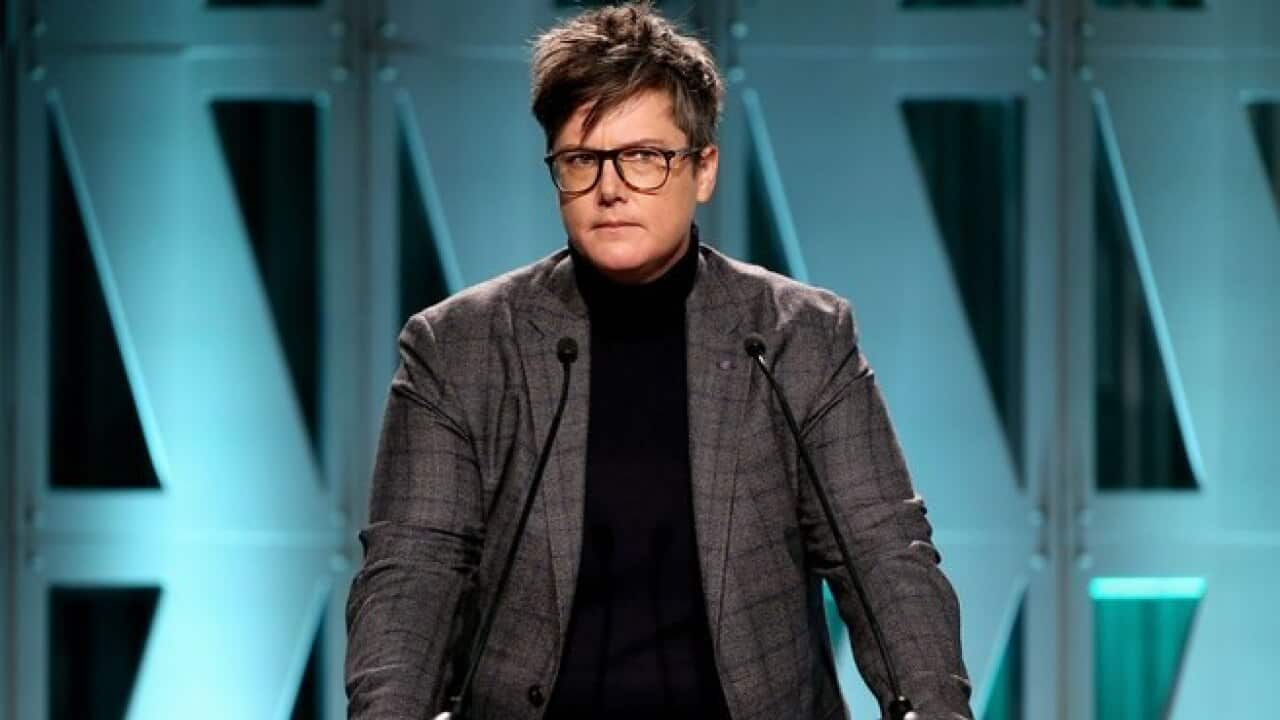COMMENT
It is as if a gigantic, millennia-old female silence is slowly cracking open like an egg. Women are speaking up about sexual abuse, humiliation and harassment in ways they never have before. Until very recently, we were often confused and bewildered by such behaviour, caught off-guard and kept off-guard by actions that crossed normal boundaries, particularly by men we hoped to admire and impress, who held power over us in the workplace. Uncertain about what to do or how to react, we kept quiet, painfully aware that the cost to us if we objected could be very high – we might lose our career and reputation. As actor Yael Stone put it in her recent ABC 7.30 interview about her own experiences of sexual harrassment, we feared being difficult, thought difficult or being talked about as difficult.
After all, we have seen brave women who spoke up in the past be vilified and reviled, their reputations trashed and their integrity publicly impugned. We have seen their alleged perpetrators suffer a minor hiccup, perhaps, but then have noticed them pop up in some equally illustrious position after the dust has settled. Many of those brave women sank into obscurity, some left the country, most lost their jobs. With the advent of #Metoo, there have been some powerful organisations who responded to any hint of allegations by taking a sledgehammer to crack a (female) walnut, clearly intending to send a warning. Warnings, I might add, that usually work.
But perhaps the powerful did not need to be so zealous, in Australia anyway, given the state of our defamation laws. That is why I will be leaving it up to you to identify the cases I might be referring to above.
Of course, it is not only victims of abuse who make accusations. The three women I feel particular sympathy for are those who were outed by others against their will - such as ABC journalist Ashleigh Raper, rural identity Catherine Marriott and actor Eryn Jean Norville. Not one of these women wanted their stories to be told publicly. In each case, their stories have been used by others for their own purposes. Norville has ended up in court forced to face intensely personal and disrespectful cross examination, designed to tarnish her character and cast doubt on her evidence, however reluctantly it had been given.
And such reluctance is completely understandable. As the introduction to Law&Order SVU succinctly puts it ‘offences of a sexual nature are considered especially heinous’ because they involve shame, because – as Stone put it – they are so personal and intimate. They mean you will have to reveal things that you would much rather not often to a combative and unsympathetic audience.
If you want to know why women take time before they gather the courage to report sexual abuse and misconduct, particularly in the workplace, you need go no further than the evidence above. Yet, despite the palpable risks involved, and their own discomfort, women continue to refuse to be as silent as they once were.
As I have mentioned, Orange is the New Black star, Australian actor Yael Stone is the latest to screw her courage to the sticking point. Her accusations of misconduct involve Geoffrey Rush as do those of Eryn Jean Norville. As with Norville, Rush has denied Stone’s allegations.
I congratulate any woman who finds the courage to tell her story publicly. By doing so they help crack that carapace of female silence wide open. And with every woman who risks speaking up the world – especially the world of work – becomes a little safer for the vulnerable and a little less safe for those who would abuse their power. This is an entirely good thing and it is about time our defamation laws caught up. Until they do, women in the rest of the world will remain a lot safer than those in Australia. And, frankly, I can’t see that as anything but a bad thing.
Share




